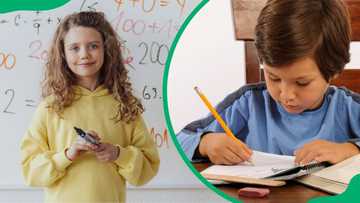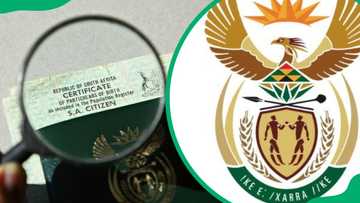What age is Grade 1 in South Africa? How to know if your child is ready
Starting formal schooling is a critical step in a child’s educational journey. While many parents find it challenging to decide the appropriate age for their children to start school, the government offers guidelines to ensure all children of a specific age are enrolled. Knowing what age Grade 1 is in South Africa helps assess the child’s readiness.
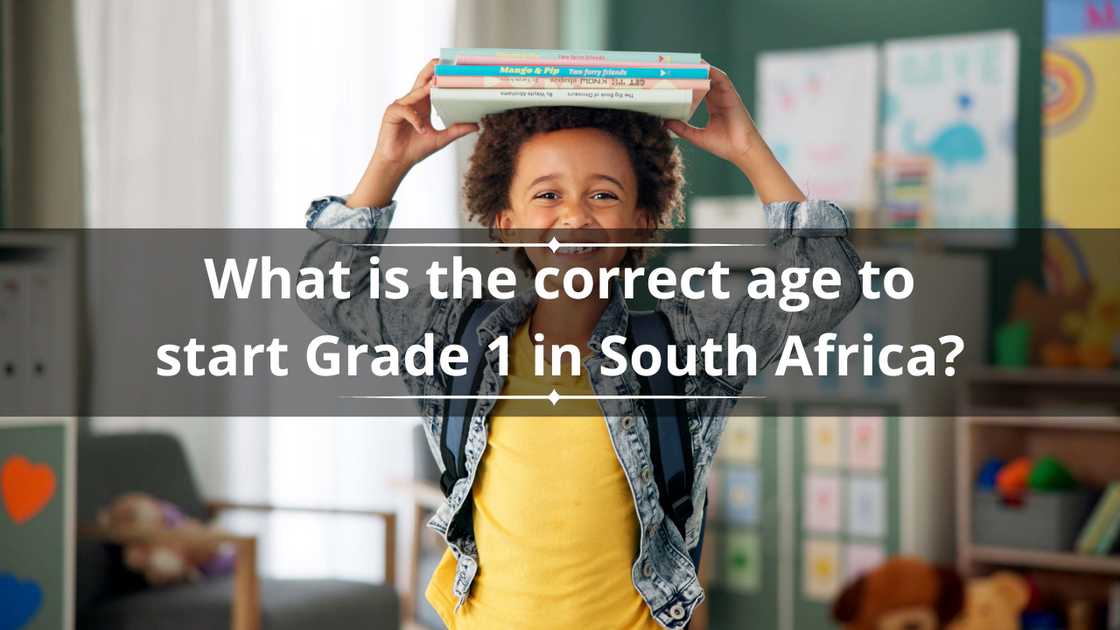
Source: Getty Images
TABLE OF CONTENTS
Grade 1 age requirements are usually made to ensure children learn and socialize with their peers. It also promotes consistency across the education system and helps maintain a smooth transition through different educational phases.
What age is grade 1 in South Africa?
What is the correct age to start grade 1 in South Africa? The South African Schools Act of 1996 stipulates that children should be admitted to grade 1 at the age of five, turning six by June 30 in the year of admission.
Lying about your child’s age is an offence according to the Births and Deaths Registration Act 1992. If your kid is going to an independent school rather than a public school, they can be admitted at an earlier age according to the Schools Act if the following conditions are met;
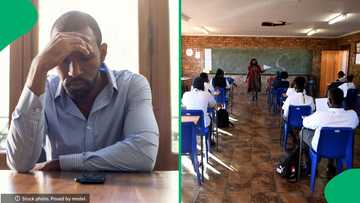
Read also
Basic Education allows school enrolment for foreigners without necessary documents, Mzansi furious
- There is the existence of exceptional circumstances which demonstrate the need for admitting an underage learner, as it is in their best interest.
- Denying admission to that learner would cause significant harm to their development.
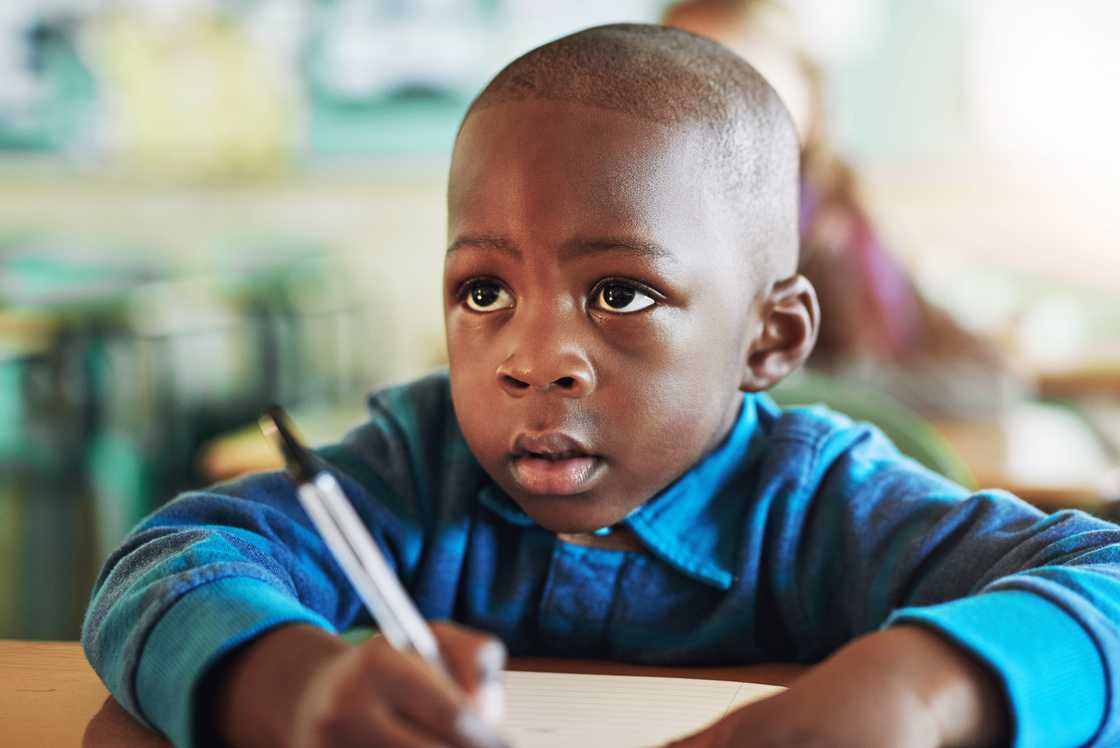
Source: Getty Images
Documents needed to apply for grade 1
Parents are required to register their children for school before the end of the current school year to ensure they are ready to commence their studies the following year. You will require these Grade 1 application documents to ensure successful admission;
- Your child’s official birth certificate
- The immunization card: For proof that your child has been immunized against communicable diseases, including polio, hepatitis B, measles, tetanus, diphtheria, and tuberculosis.
- If the child is not a South African citizen and the parents are in possession of a permit for temporary or permanent residence issued by the Department of Home Affairs, then the permit must be included in the application documents.
- If the child’s parents are classified as illegal aliens, the parents must provide evidence that they have made an application to the Department of Home Affairs to make their stay in the country legal, as highlighted in the Aliens Control Act of 1991.

Source: Getty Images
What age is grade R?
Parents can enrol their children to Grade R (Reception Year) at the age of four, turning five by June 30 in the year of admission. It is the year before your child starts Grade 1 and is designed to prepare children for formal school and help them develop basic skills.
Is grade R compulsory in South Africa?
Attendance of Grade R is compulsory in South Africa. The Department of Basic Education made it mandatory in line with the Basic Education Laws Amendment Act 32 of 2024, which was signed into law by President Cyril Ramaphosa on September 13, 2024.
Parents who prevent their children from attending Grade R without a valid reason could be fined, face up to 12 months in prison, or both. The new requirement was put in place to address inequalities and lead to improved educational standards.
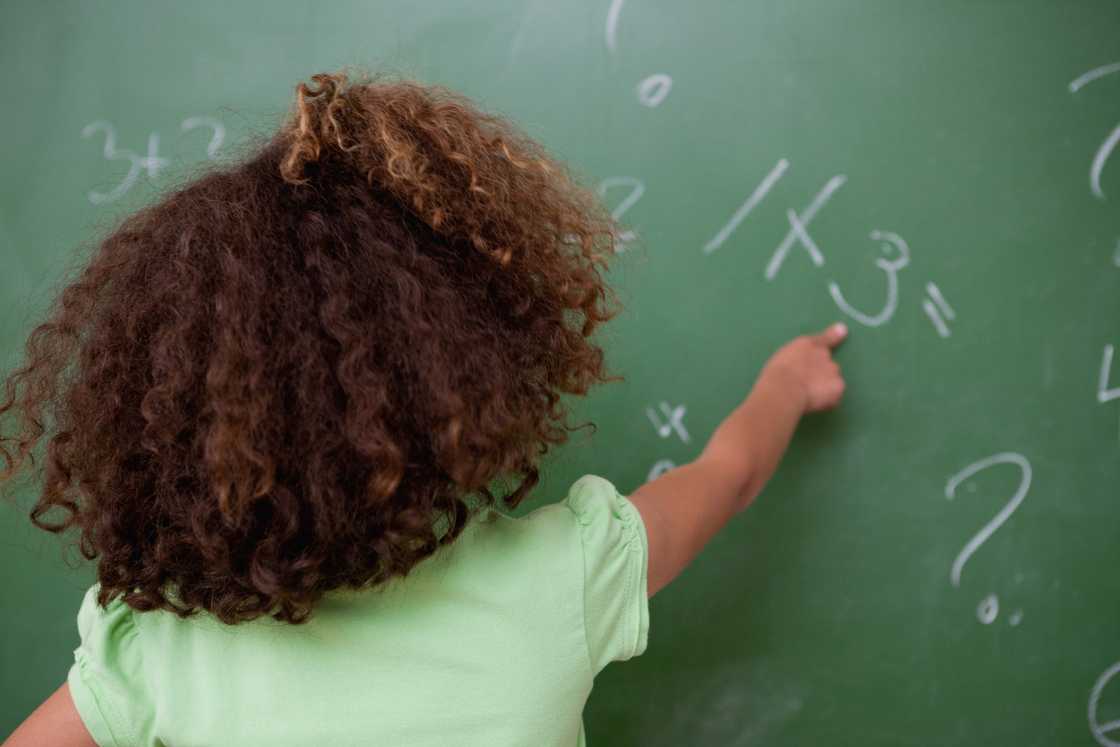
Source: Getty Images
How to know if your child is ready to start school
The government provides a minimum age for children to start school, but as a parent, you should be able to tell if your child is ready for formal schooling. While talking to Jacaranda FM in February 2023, Ntombi Nxumalo, the principal of Midrand-based Spark School, shared that parents should assess their child’s development because each child develops differently.
You see it in how they reach milestones like sitting, crawling, and walking. It is the same with school readiness; parents use the age allowance for Grade 1 as a guideline and then monitor if their child is able to work independently, follow simple instructions and is able to interact with other age-mates socially.
Apart from age requirements, here are some of the factors to consider when assessing the child’s readiness for school;
- Social skills: Assess how well your child interacts with their peers
- Emotional readiness: Can the child handle separation from you?
- Cognitive skills: Is the child curious to learn, read, and solve problems?
- Language skills: How well do they communicate with others and follow instructions?
- Physical skills: The child should be able to do tasks like holding a pencil without assistance
- Attention span: The child should be able to focus on a task for an appropriate amount of time and follow through with activities.
- Self-care skills: They should be able to manage basic self-care tasks like dressing themselves, eating without help, and understanding personal hygiene.

Source: Getty Images
The answer to ‘What age is Grade 1 in South Africa?’ is influenced by government requirements and your child’s readiness to be integrated into the education system. Once the kid is enrolled, the parent should regularly consult with the teachers to ensure they get holistic help.
READ ALSO: Best military and remedial schools for troubled youth in South Africa
Briefly.co.za published all you need to know about the best schools for troubled youth. These schools provide structured environments, specialized programs, and supportive communities to help them overcome their challenges and achieve their full potential.
Troubled youth have difficulty excelling in ordinary schools due to factors like undiagnosed learning disabilities, behavioural problems, and mental health struggles. Check the article for more on how to help your son or daughter.
Source: Briefly News

